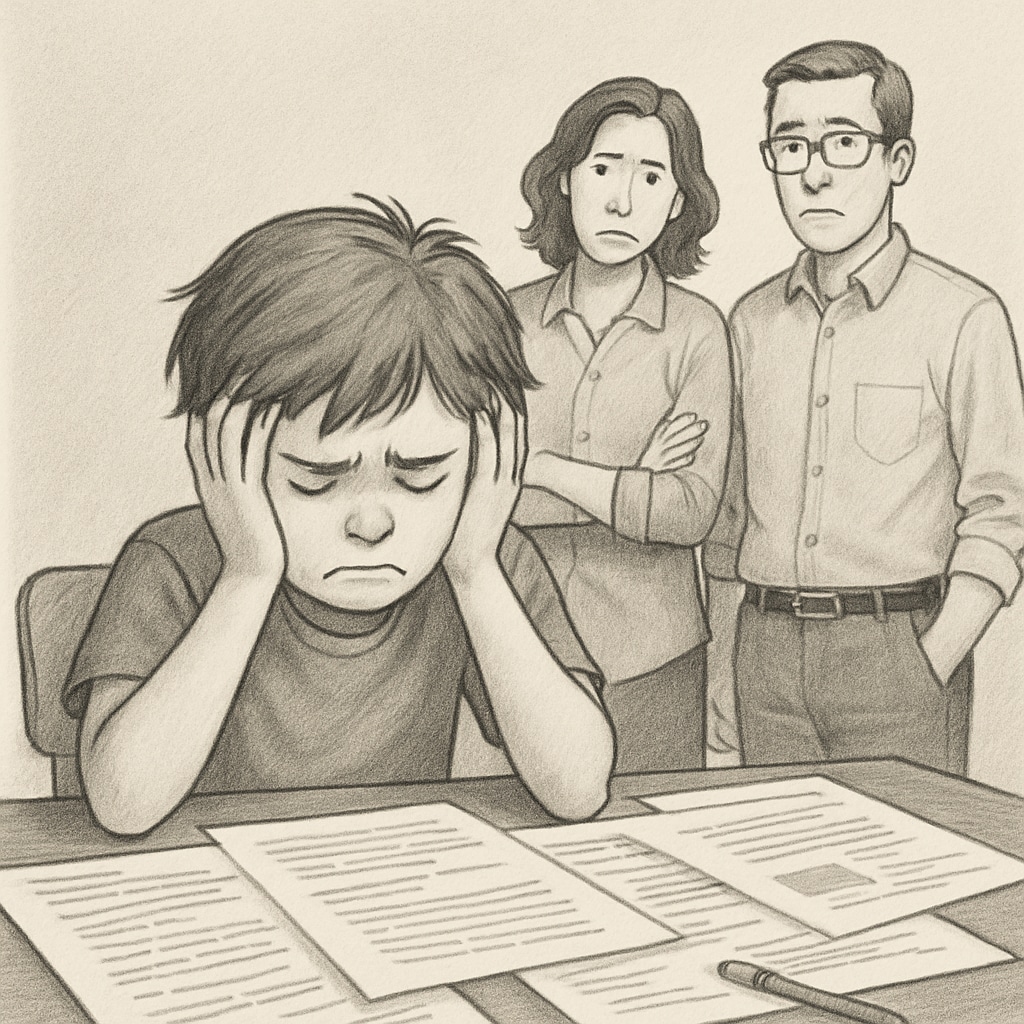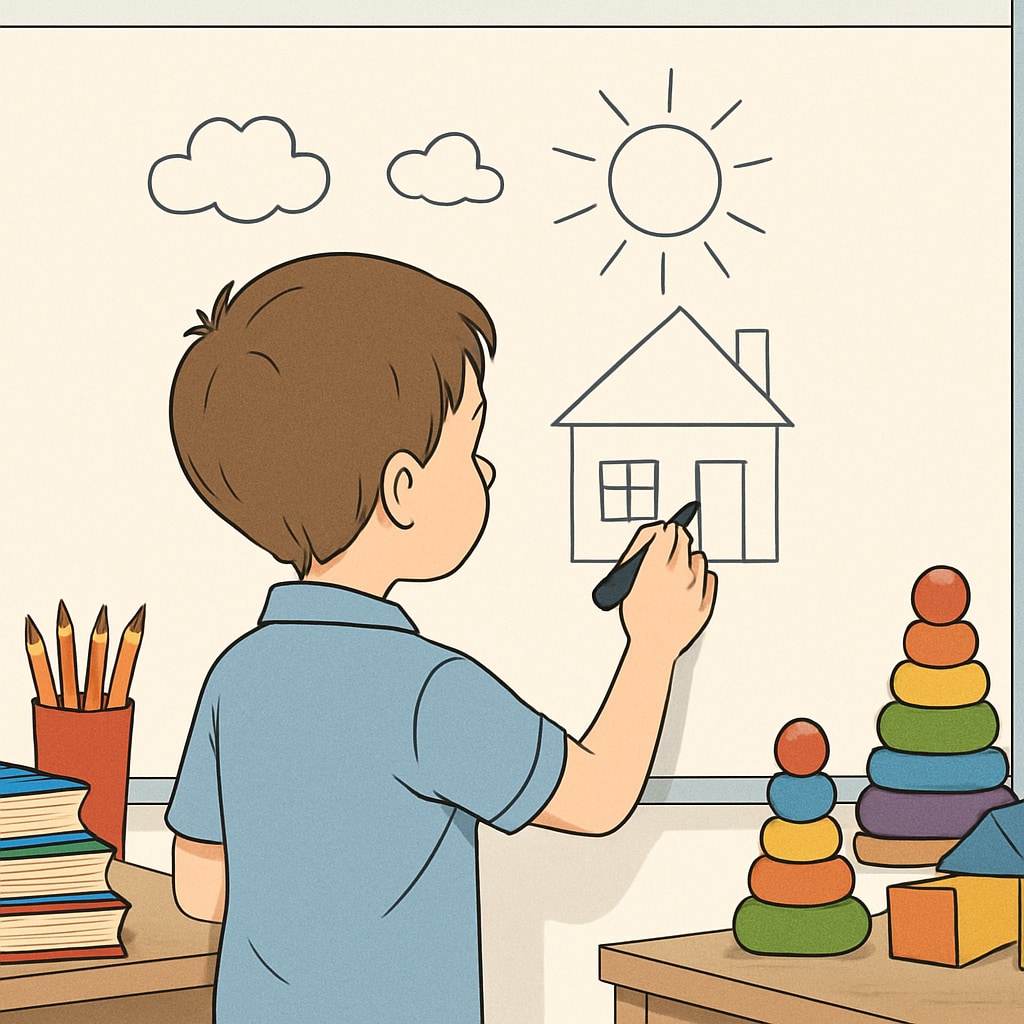The college application process, once reserved for high school juniors and seniors, is increasingly impacting younger students—some as early as first grade. This alarming trend underscores the growing pressure placed on children to excel academically at an early age. The challenges associated with this shift, including its impact on mental health, learning experiences, and personal growth, are reasons for concern. Addressing this issue is crucial to ensuring the well-being of students and creating a healthier educational ecosystem.

The Growing Impact of College Application Pressure
Traditionally, the college application process begins during the later years of high school, when students are more equipped to handle academic stress and make informed decisions about their future. However, in recent years, parents and educators have started emphasizing college readiness at much younger ages. This trend has led to first-grade students being exposed to academic standards and extracurricular expectations designed to build a portfolio for future college applications.
While the intention may be to give children a competitive edge, the consequences are often detrimental. Young students face increased anxiety, reduced enjoyment in learning, and in some cases, burnout. According to a Britannica article on child development, early exposure to excessive stress can interfere with cognitive and emotional growth.
Negative Effects on Mental Health and Personal Growth
The pressure to perform academically at such a young age can lead to heightened levels of stress and anxiety. When first-grade students are tasked with mastering advanced concepts or excelling in extracurricular activities for long-term goals like college admission, they often feel overwhelmed. This stress can manifest in sleep disturbances, difficulty concentrating, and even physical symptoms such as headaches or stomachaches.
Furthermore, the focus on future success can overshadow the importance of personal growth and creativity. For example, children may miss opportunities to explore interests outside academics, such as art, music, or play, which are essential for developing a well-rounded personality. As Wikipedia’s entry on education points out, holistic education is critical for fostering innovation and adaptability in young minds.

How Parents and Educators Can Foster a Balanced Approach
To combat the negative effects of early academic pressure, it is essential for parents and educators to prioritize a balanced and developmentally appropriate approach to education. Here are some strategies:
- Focus on Play-Based Learning: Encourage activities that promote creativity and problem-solving, rather than rigid academic tasks.
- Set Realistic Expectations: Avoid placing undue emphasis on future goals like college admissions and instead celebrate small, age-appropriate achievements.
- Support Mental Health: Teach children coping mechanisms for stress and provide access to resources such as school counselors.
- Encourage Exploration: Allow students to discover their passions and interests organically, without the pressure of building a resume.
By implementing these practices, parents and educators can ensure that students enjoy learning and develop the skills necessary for success later in life without compromising their mental health or personal growth.
Creating a Healthier Educational Ecosystem
Addressing the issue of college application pressure on first-grade students requires collective action. Parents, educators, and policymakers must work together to shift the focus of early education from future success to present-day development. Efforts should include promoting policies that emphasize holistic learning, training educators to recognize and mitigate stress in young learners, and fostering communities that value mental health alongside academic achievement.
As a society, we must remember that education is not merely a race to the top but a journey of discovery and growth. By prioritizing the well-being of our children, we can build an educational ecosystem that nurtures their potential while protecting their mental and emotional health.
Readability guidance: This article uses short paragraphs and clear headings to improve readability. It incorporates lists to summarize actionable strategies and includes relevant external links for credibility. Transition words are used throughout to maintain flow and coherence.


